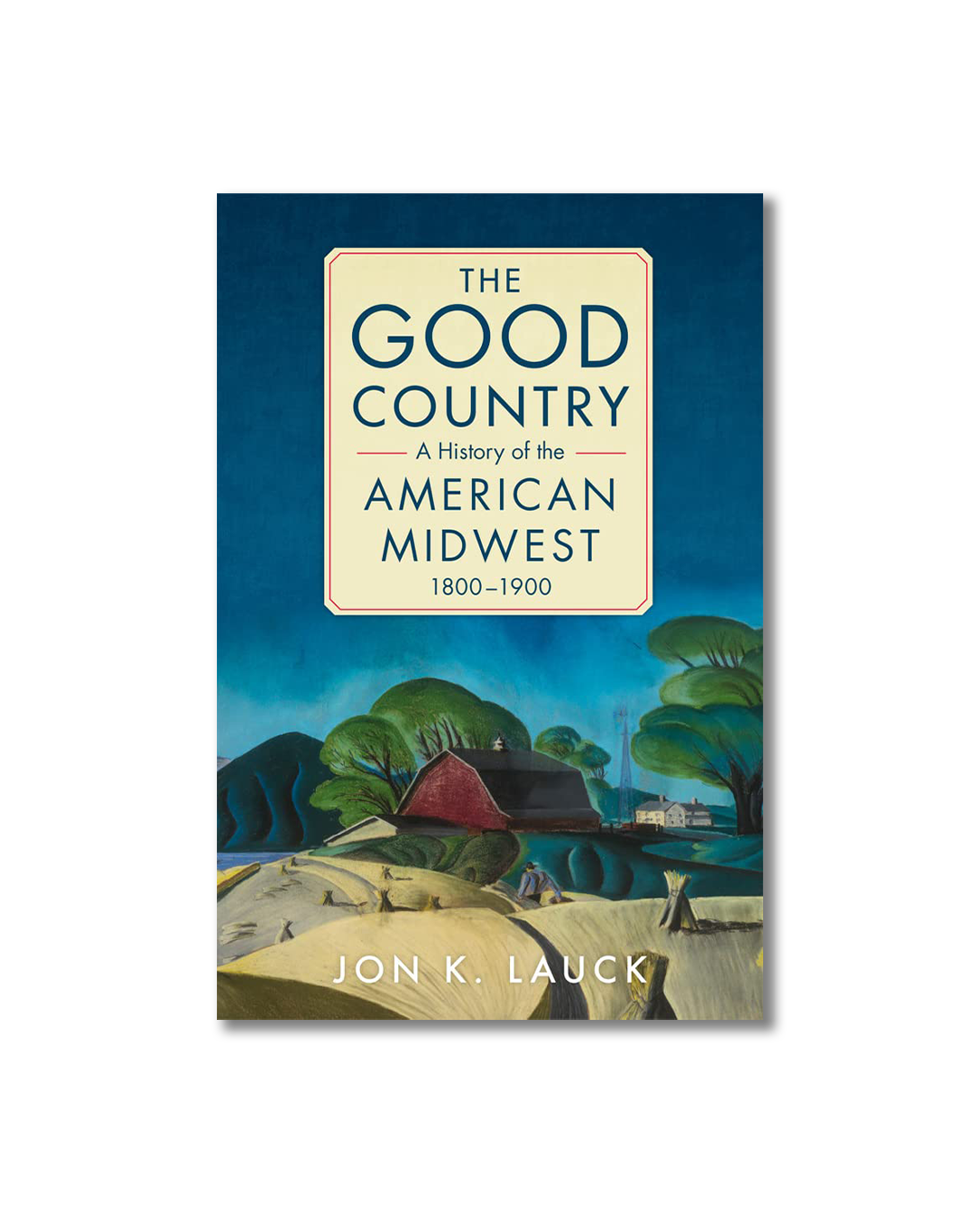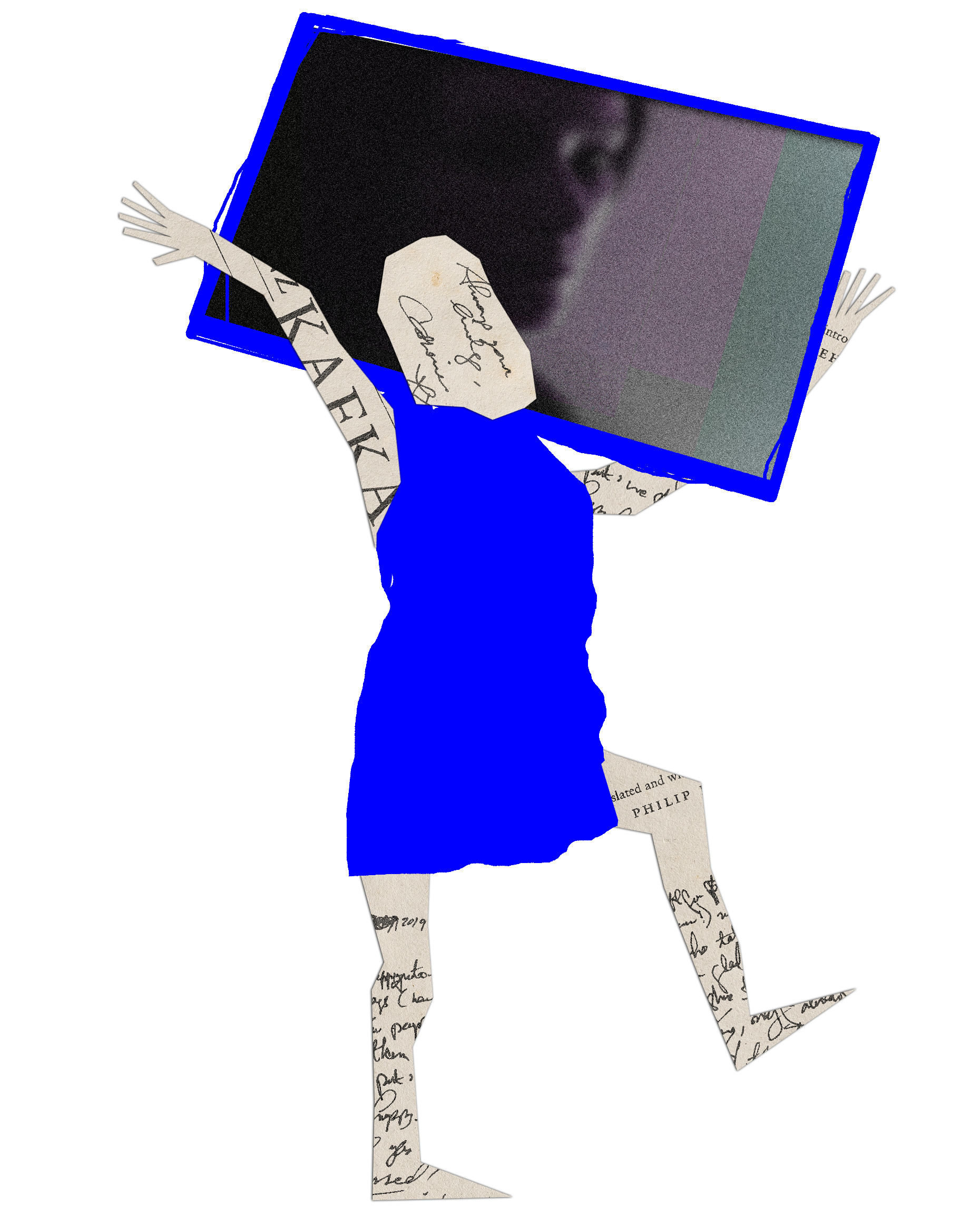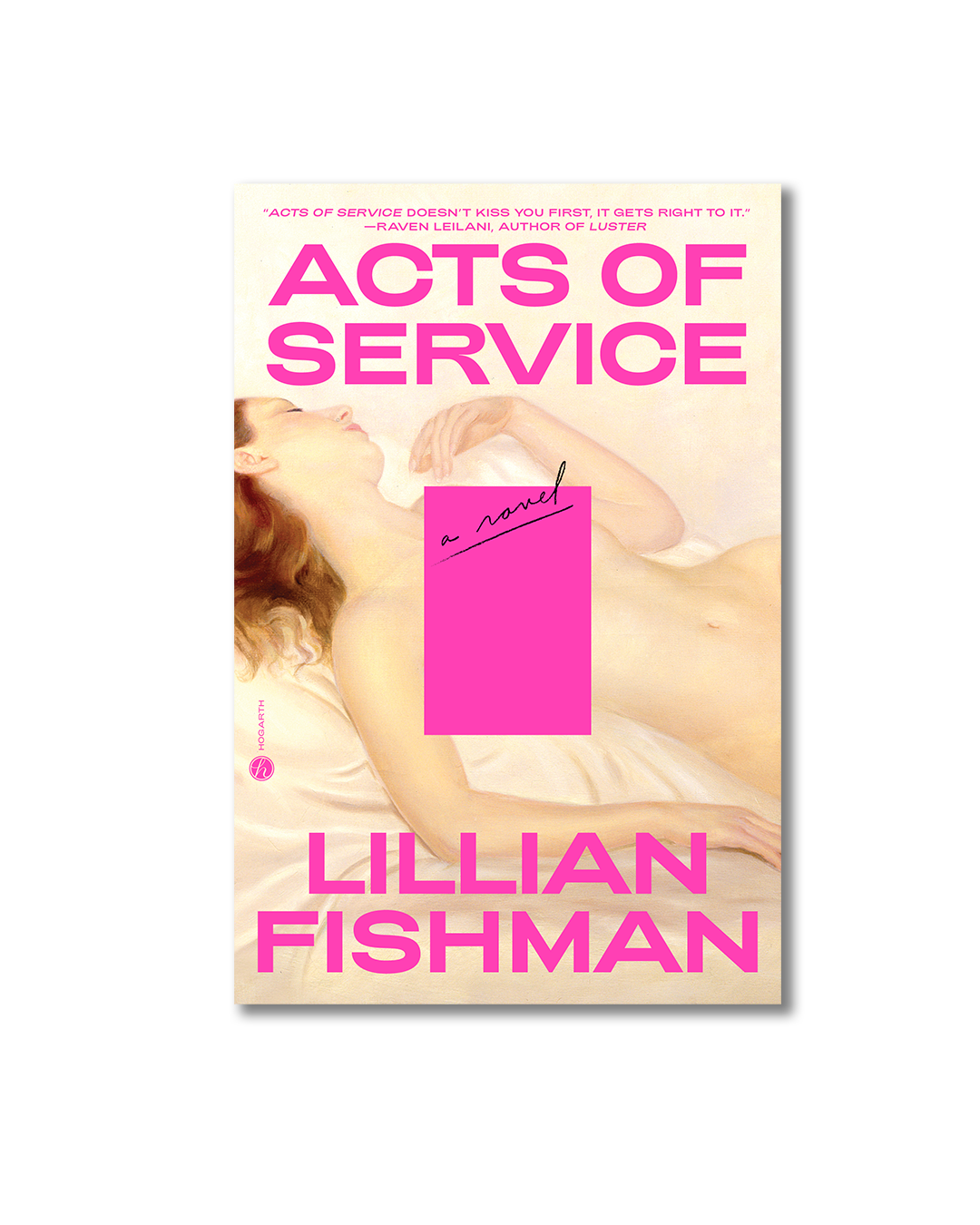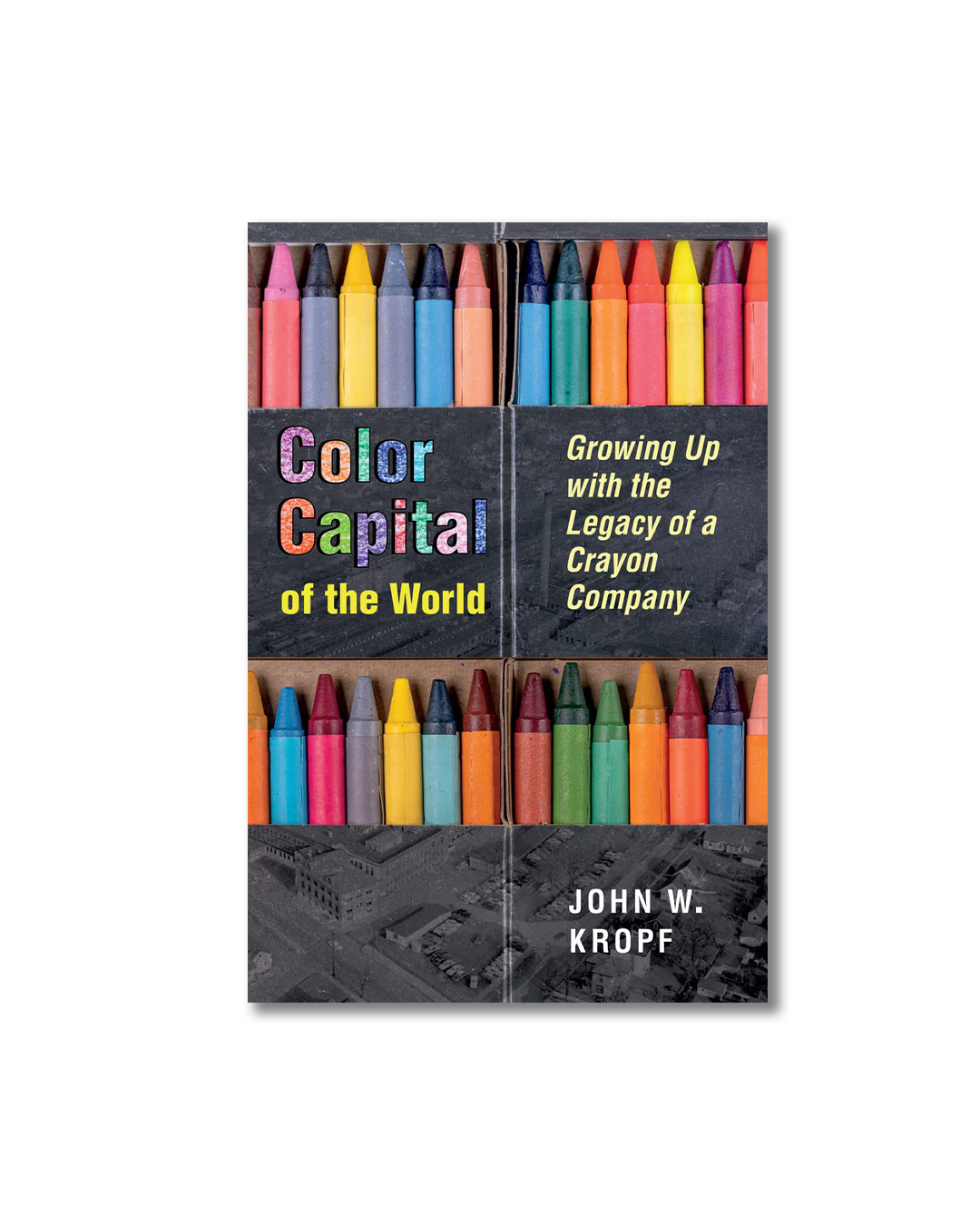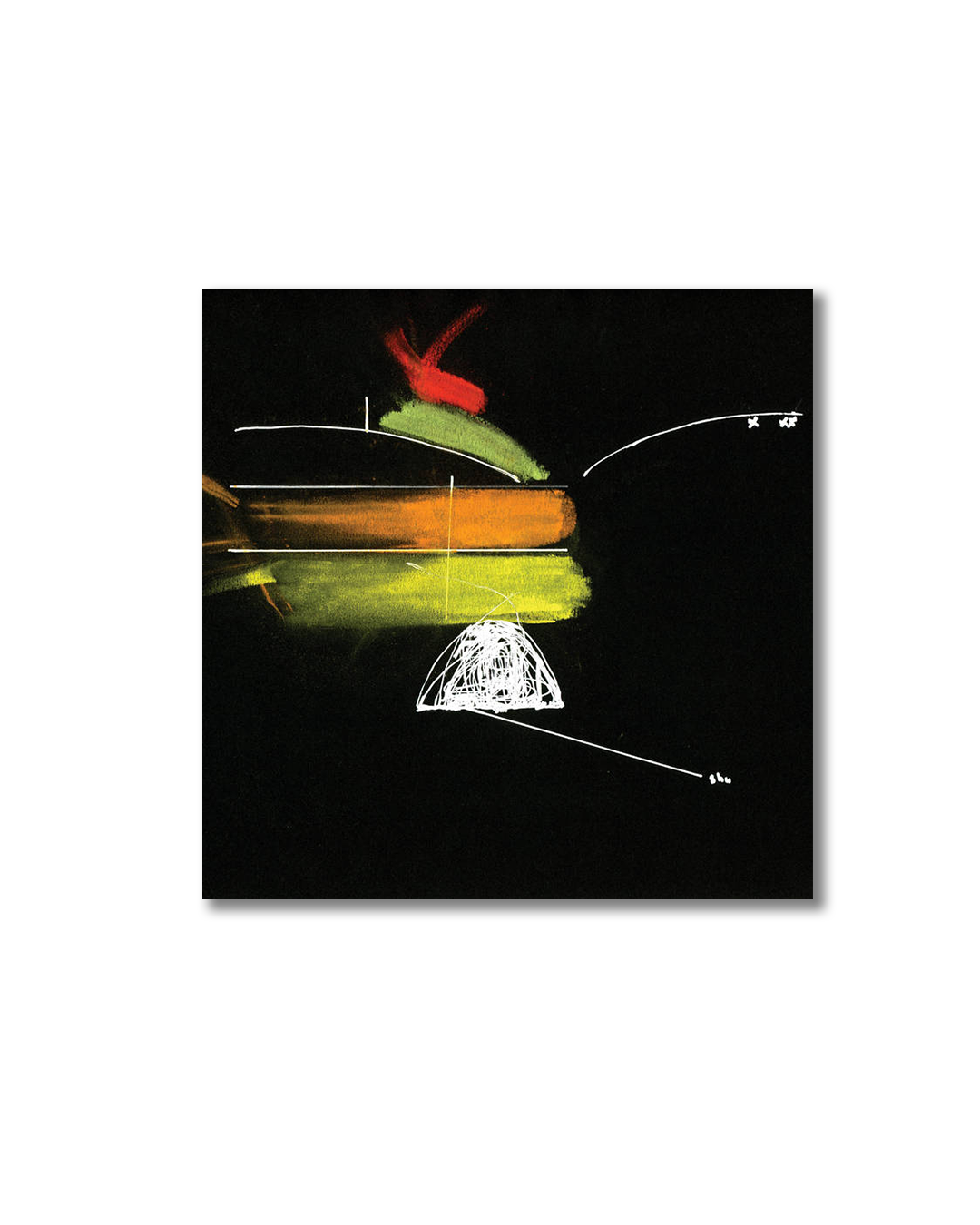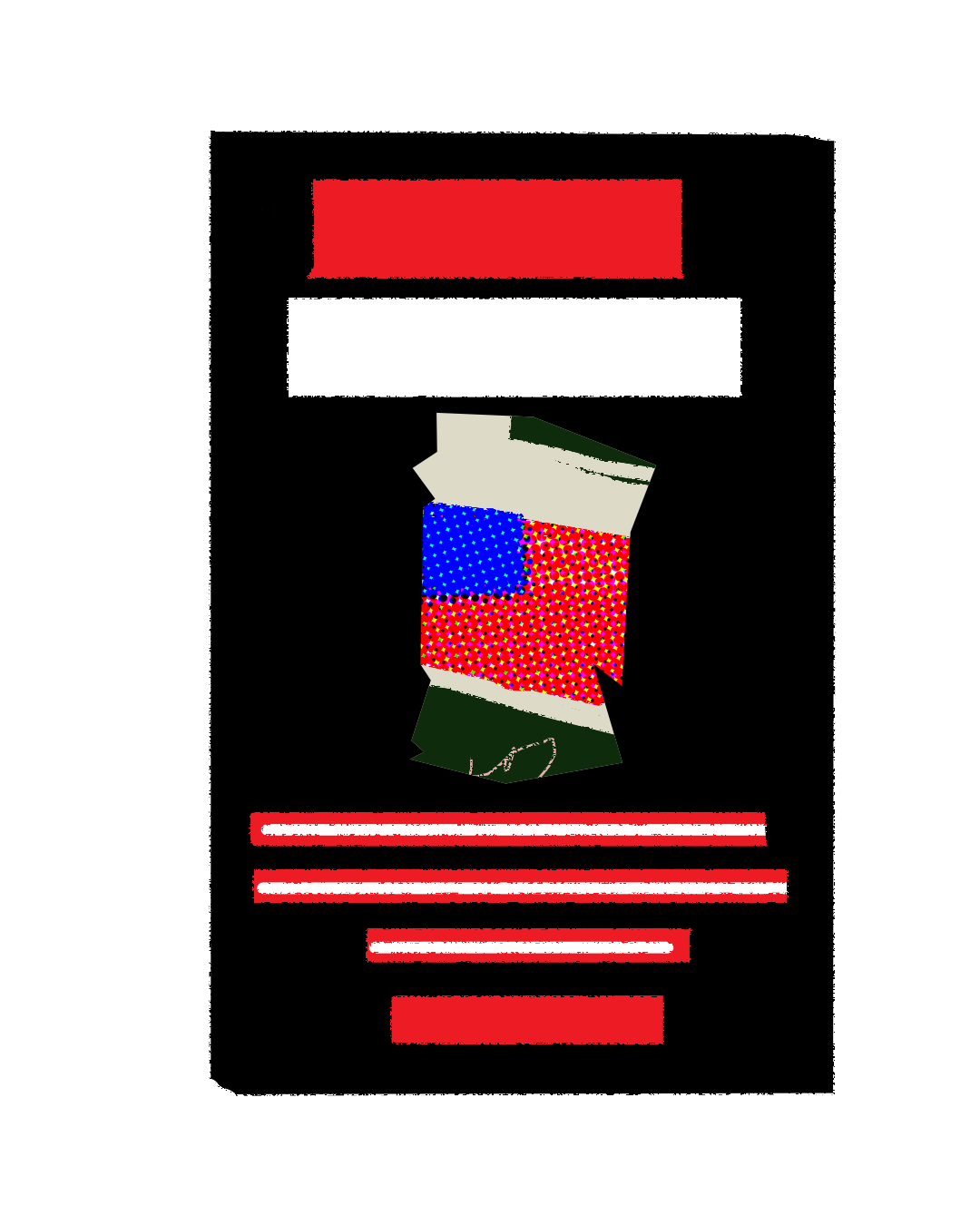I think it’s nice that we share the same sky: “Aftersun” and the Mortality of Fatherhood
On my television set, Calum sits naked at the edge of his hotel bed, sobbing uncontrollably until his body convulses into a familiar shiver. You can’t see her, but it’s implied that his young daughter Sophie is somewhere nearby, witnessing her father’s breakdown.
Palo Alto, Disinterred: An Interview with Malcolm Harris
It's not like you're going to convince decision-makers and they're going to make the right decision for you. It really is a question of forces, not men, which is the sort of line I hammer on throughout the whole book. Which means our response to it needs to be about forces, not men.
from “Common Life”
MANON: If this keeps up,
THE WRITER: says Manon, who looks at the sky, which is not letting up at all, not lightening anywhere,
MANON: Because it looks like it’s going to keep this up.
Land of Progress: On Jon K. Lauck’s “The Good Country”
Lauck isn’t saying that everything was good back then, or making a “this was the Real America” claim. He is trying to show that the Midwest was, for all its flaws, a place where the idea of true democracy began to flourish.
T/K: A Fragment, A Letter, A Dream, and Some Movies
From the crumbly yellowed 50s-era pages, out came tumbling the most delicate assortment of objects: a collection of movie tickets for the Cleveland Cinemathèque, an unsent letter to a “K” about a dream that the writer “T” had, and the fragment of a short story that had been clearly abandoned.
Poetry Thinking: On Adrienne Raphel’s “Our Dark Academia”
If a poem thinks, a poem thinks compulsively. If a poem thinks, the poem does not accumulate ideas but impressions of a mind working toward, never quite arriving at, ideas.
Just Some Body: On Lillian Fishman’s “Acts of Service”
The more she fucks him—and really, really likes it—the more she realizes that the attention she craves is troublingly heteronormative.
That’s the Burden: Late-Career Poets and Poetic “Maturity”
You’re a poet who’s been at it for a while: you’ve published ten or fifteen books over thirty or forty years, and you’ve won prizes. You’ve had critics call you an Influence. But not lately.
Containment and Collapse: On Lucy Ives’ “Life Is Everywhere”
If the story is to be understood as an autobiographical account of Erin’s childhood, then it is one heavily reworked, fever dream-style.
from “Color Capital of the World”
Sandusky carried a raw and pallid three-season grayness of any small-sized Midwestern industrial town, but I knew we still carried the title Color Capital of the World. The hard part was that no one in the present world remembered the distinction.
Irrevocably Global: On Chad Broughton’s “Boom, Bust, Exodus”
LaPorte is not so close to Chicago as to be totally enmeshed in the Northwest Indiana urban grit, yet is not quite all the way to the rural corn fields that spread between cities like Detroit and Toledo. LaPorte, French for “The Door,” is a geopolitical focal point pinpointing the overlap of social and economic change.
The Machinery of Waiting: On Grant Maierhofer’s “The Compleat Lungfish”
You have become locked into a perpetual toil; making meaning out of this endless string of similarity becomes a matter of close reading, of overlaying the real with the symbolic and from there identifying surges of intensity.
Voice, Freedom, Anachronism: On “Moten/López/Cleaver”
I have loved Fred Moten’s voice since I first heard it, but perhaps never as much (or at least not in the same way) as when listening to Moten/López/Cleaver, a phonopoem with a world inside.
A Pasture Of Thought: On Reading Amina Cain
Cain embraces a promiscuity of references including Chantal Akerman, Elena Ferrante, and Clarice Lispector, elucidating how “things combine to become other things, other kinds of experiences” when brought into conversation with one another.
Climate Grief and Collective Trauma: On Katazyna Boni’s “Ganbare! Workshops on Dying”
A specific image unfolds in my mind when I think of the Tohoku Earthquake and subsequent tsunami on March 11, 2011, referred to in Japan simply as 3.11: thick, dark water easily pushes against the opposing flow of a river.
A Room in Four Phases: Attention Artists and the Margins of History
Attention Library: the phrase verges on redundancy. But unlike in most libraries, where the act of attention is a means to an end, in this Library attention is the main attraction: one visits the Milcom Room to attend, as it were, to attention itself. Is such an exercise possible?
In Your Year: Niedecker, Celan, and Jos Charles’ “a Year & other poems”
“Next Year” can still be exciting to us because of how it occupies the material it’s made with, and what that kind of occupation might have to say about the way we read both poems and calendars.
“sailor, oh, sailor”
There were two ships that passed & made it safe to shore
I want to stop using metaphors for the things no one wishes to hear
Leaving the Garden
The switch from adventuring to gardening’s a growing up: the hero sets out as witness, one who has read knight’s tales and is instigated to action. Reader becomes writer; on return, the hero testifies to the history of his vision.
Cleveland, a Kleptocrat's Paradise: An Interview with Casey Michel
Forget the Cayman Islands. Picture instead the rundown Huntington building in Cleveland's downtown skyline and an abandoned steel plant in Warren, Ohio.




